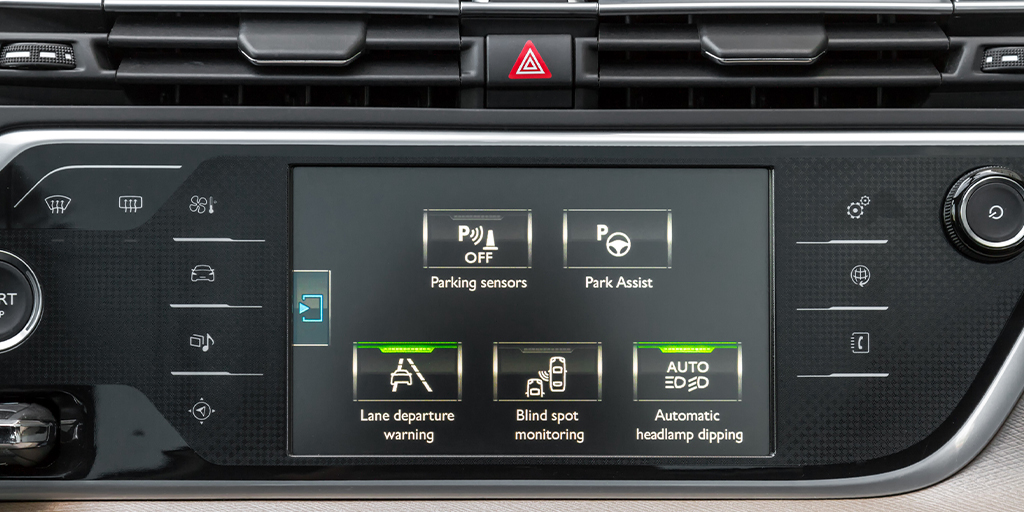September 2020 will not go down as a month when the new car plate (70) saw cars roar off the forecourt, although arguably, it might be a month we recall as the one where alternative fuelled cars (AFVs) accelerated silently away from it.
In short, September was a disappointing month for new car sales, a theme we have seen for three successive Septembers now, but September 2020 was down a further 4.4 per cent from 2019. The result was that just 328,041 cars were registered according to the Society of Motor Manufacturers and Traders (SMMT) which noted that it was ‘the weakest September since the introduction of the dual number plate system in 1999 and some 15.8% lower than the 10-year average of around 390,000 units for the month.’
There have been some supply problems as manufacturers have got back up to speed, which probably explains some of the decline and the latest data is not without some bright spots:
- Battery electric and plug-in hybrid car registrations surged by 184.3% compared with September last year and accounted for more than one in ten registrations;
- Van registrations grew by 26.4% when compared with what was a notably weak September 2019.
I’m not sure that the new car sales position was a huge surprise. Consumer uncertainty in the wake of COVID-19 joined with the push towards AFVs that are still considered to be expensive when compared to a fossil-fuelled car and which still carry some consumer concern on re-charging and driving range. That both concerns are being addressed rapidly is evident, but it seems many car buyers are not quite ready to join the growing ranks of early adopters. However, that is not to say people aren’t buying cars.
Used cars are what consumers are buying and in numbers that are seeing demand exceed supply. The net impact is that used car prices are achieving record highs. AutoTrader and Cox Automotive UK have revealed in the last few days that demand for used cars remained robust throughout September, with many reporting good financial performances and margins for the month.
In difficult economic conditions, buying used has been a common default position throughout my career. Cheaper to buy, depreciation absorbed, lower monthly payments; it is a rational customer decision. With continuing COVID uncertainty and Brexit issues to be addressed, used cars are likely to remain a popular choice. Prices have already risen and with regulatory changes to motor finance ahead, it seems possible that this will be a healthy route to offset any negative income implications resulting from the regulator’s desire to see -165M pa saved on charges for consumers.
Where I am most impressed is the continuing agility of the motor retail sector. Across our business, I see and hear how well the sector is adapting. Since we first opened our doors in 1991, this nimbleness was evident and like our commitment to service, neither has changed.










